
WRITERS & DIRECTORS WORLDWIDE
Campaigning for the rights of audiovisual, literary and dramatic authors across the globe
W&DW Executive Committee in Tokyo
Learn more about our work in Asia-Pacific in the latest video
W&DW Congress in Moscow
Learn more about our work around the world in this video
About Writers & Directors Worldwide
We are an international not-for-profit organisation that works to protect the rights of writers and directors working in the audiovisual, literary and dramatic repertoires.
Our history stretches back almost 50 years to the formation of the International Councils of Dramatic Authors and Composers (CIAD) and of Literary Authors (CIADL) in 1966. These bodies went on to merge and form the group that in 2014, was renamed Writers & Directors Worldwide. Today we are active in all regions of the world to facilitate the sharing of ideas, information and best practice to defend authors’ rights in these important artistic repertoires.
Writers & Directors Worldwide is led by creators from dramatic, literary and audiovisual societies around the world and our president is French Screenwriter, Yves Nilly. We act directly to support creators in all regions and in addition, act as an advisory body to the International Confederation of Societies of Authors and Composers (CISAC). We are also an official observer to the World Intellectual Property Organisation (WIPO) Standing Committee on Copyright and Related Rights.
As a result, we are able to bring our specific experience, expertise and the vital “voice of the creator” to the debate on authors’ rights via working groups, executive committee meetings and direct interaction with lawmakers.
What We Do
According to the European Commission, the audiovisual and film sector contributes 2.6% of the region’s GDP and supports 5.8 million jobs. The same pattern of contribution is true all across the globe because creators are the “engine room” for the industry. In addition, people in all regions benefit directly from the rich culture and diversity that dramatic, literary and audiovisual authors bring to their lives.
Writers & Directors Worldwide works to protect the rights of these creators.
This fight is especially important because in reality, blockbuster writers and directors make up only a tiny percentage of the creators working in the industry. The vast majority of us are independent individuals that need to live from our work. But with the unpredictability of the industry and the need for long periods of research and writing between projects, this flow of income is neither constant nor assured.
For the next generation of creators and for those struggling to launch new projects, this challenge is even greater. Our livelihoods and thus our ability to continue creating, depend upon receiving equitable payment for the use of our work.
Writers & Directors Worldwide leverages its small team to make a large amount of noise on behalf of creators around the world.
In the past 18 months for example, we rallied behind Australian authors in their battle with the national government for fair remuneration and met with the China Film Copyright Association to sign a memorandum of understanding. In Colombia, we supported the “Pepe Sanchez Act” in favour of audiovisual creator’s rights as it unanimously passed its first reading in the House of Representatives.
We also added our voice to the European Parliament’s call for expert input on its evaluation of the current EU copyright rules and saw the president of Chile publicly sign the bill we co-promoted to give directors and screenwriters inalienable right to remuneration.
Today, our primary objective is to grow The Audiovisual Campaign. Launched in December 2015, this international campaign aims to address the glaring omission in the laws of countries that do not include a right for audiovisual creators to receive equitable remuneration for the reuse or rebroadcast of their work.
Latest News

W&DW elects new Presidency and Executive Committee for 2022-2024 term
Writers & Directors Worldwide (W&DW) held elections for a new Presidency and the Executive Committee for the 2022-2024 term. The elections were held online. Spanish screenwriter Curro Royo of DAMA succeeds Yves Nilly as W&DW President ...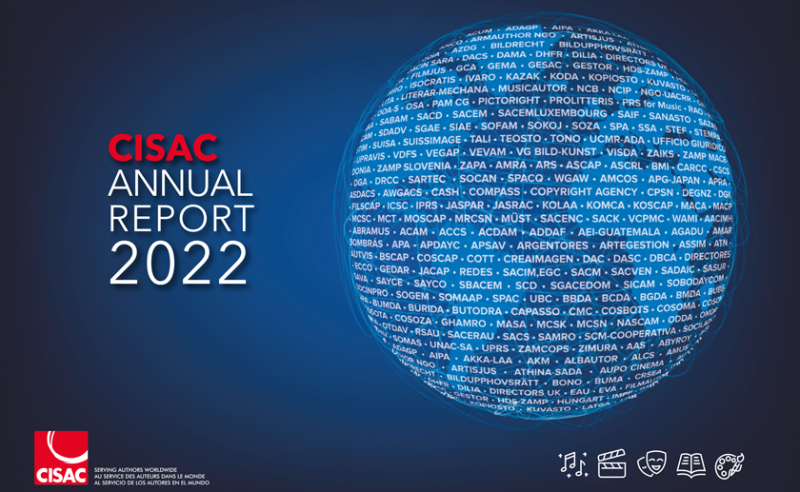
CISAC releases its 2022 Annual Report
Paris – 26 May 2022 – CISAC has today published its 2022 Annual Report, outlining its work supporting the world’s largest network of authors societies. CISAC’s members comprise 228- authors societies who together manage the rights of over 4 million creators from ...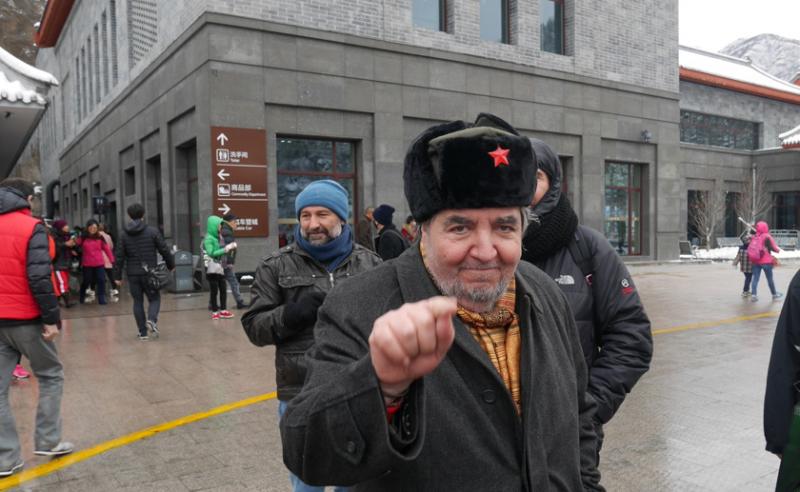
Tribute to Biaggio Proietti
Caro Biagio, I haven't managed to say goodbye to you yet. Upon the announcement of your death in March, already many weeks ago, the normal reaction would have been to write a tribute to the W&DW ExCo member, ...
Our Executive Committee & Regional Alliances
The Writers & Directors Worldwide executive committee is made up of audiovisual creators that represent the organisation’s geographic and repertory breadth. Each member is elected biennially by the council based upon the insight, experience and expertise they can bring to our important cause. The executive committee is led by a president and a vice-president.
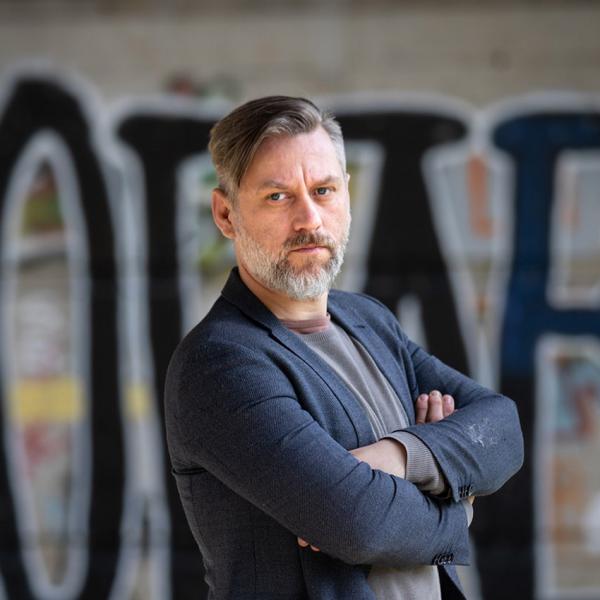
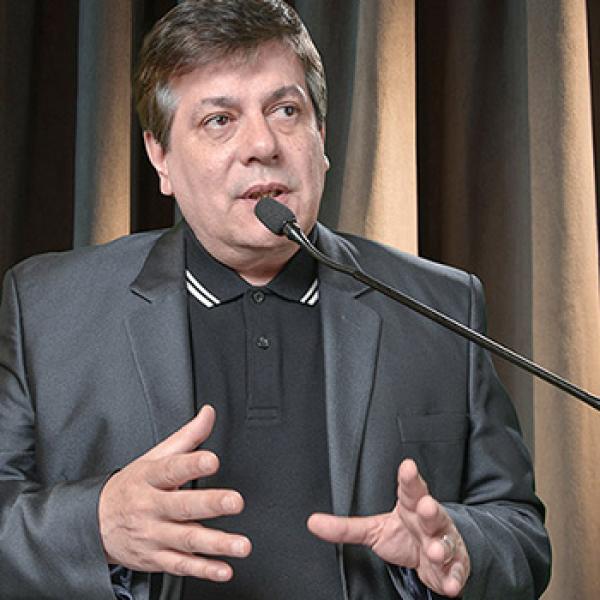
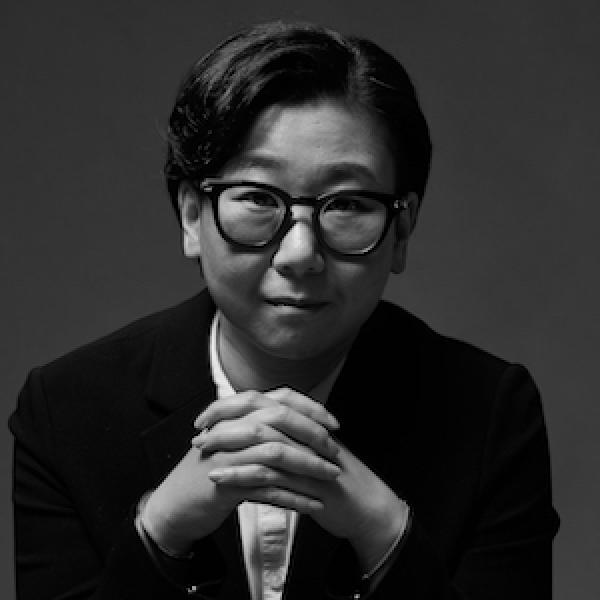
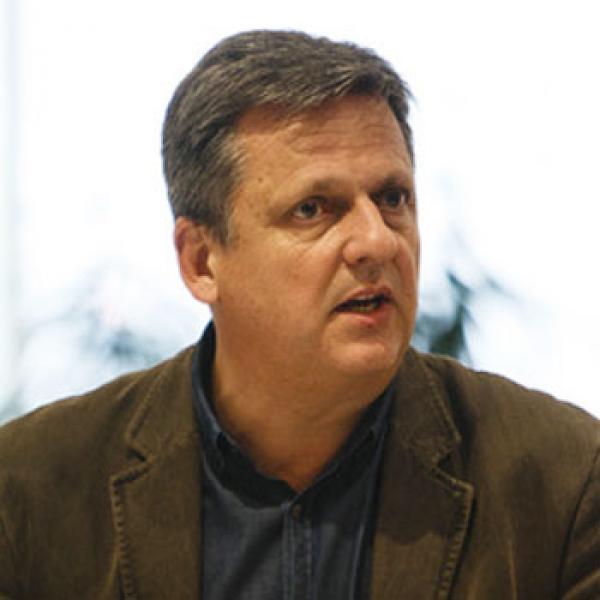
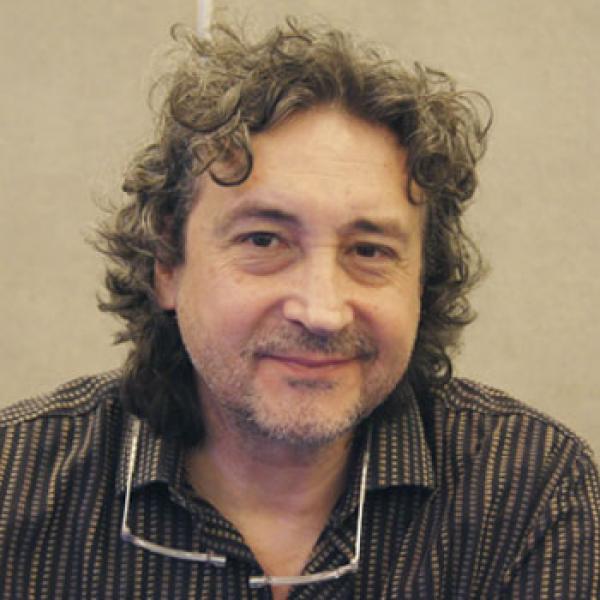
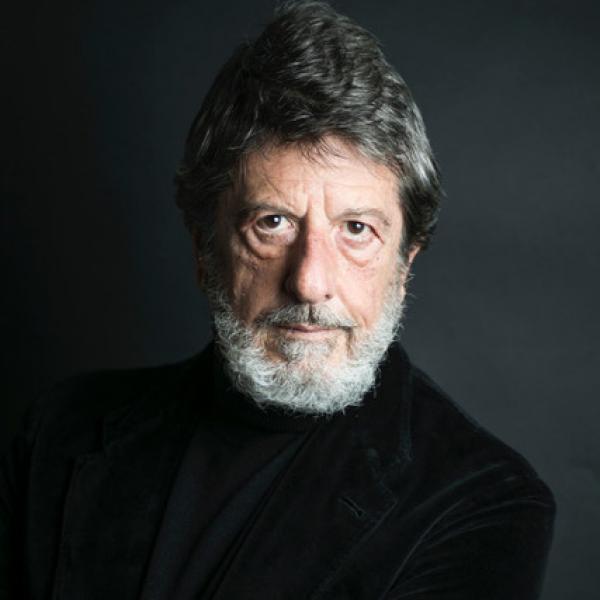
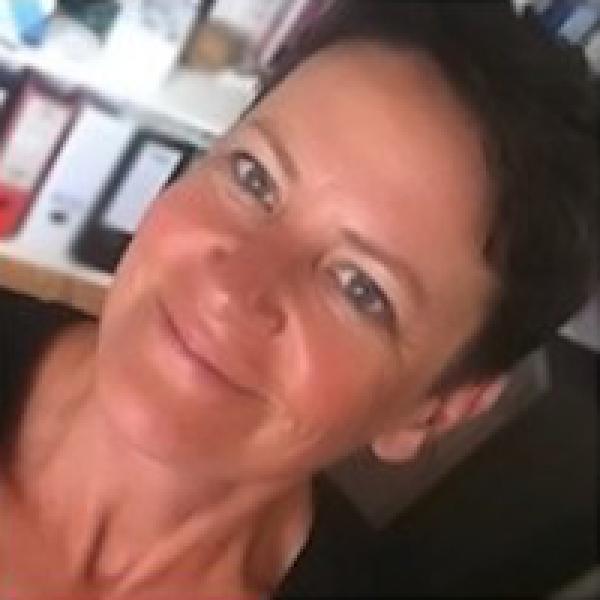
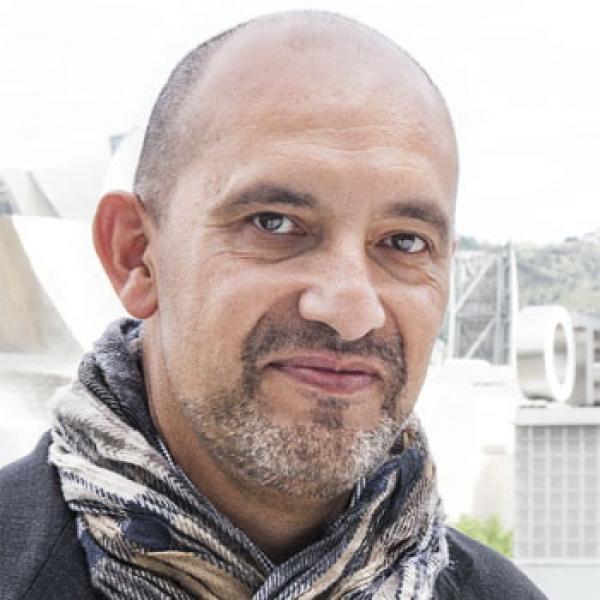
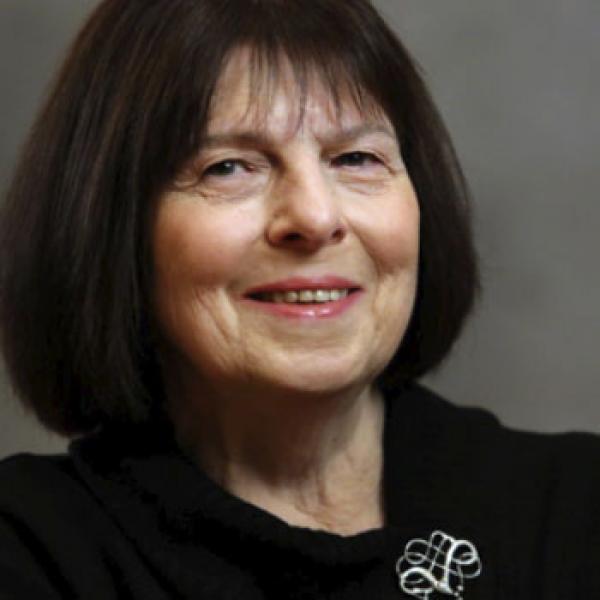
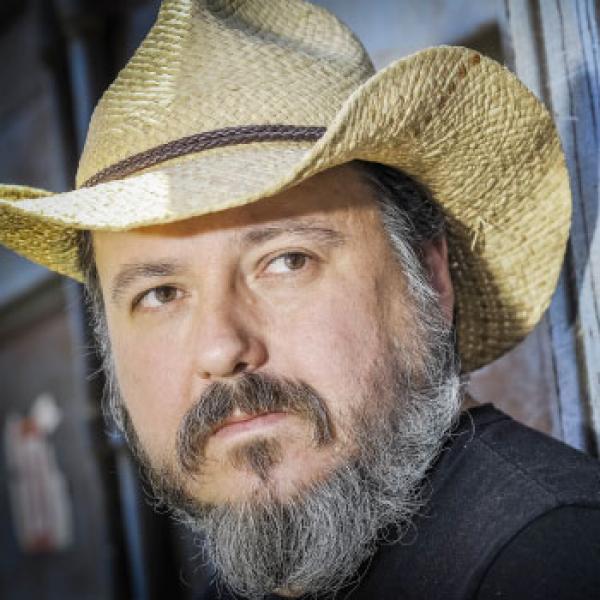
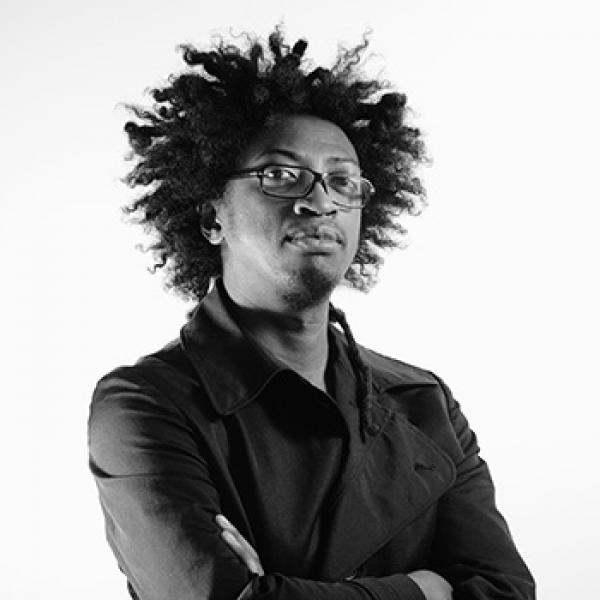
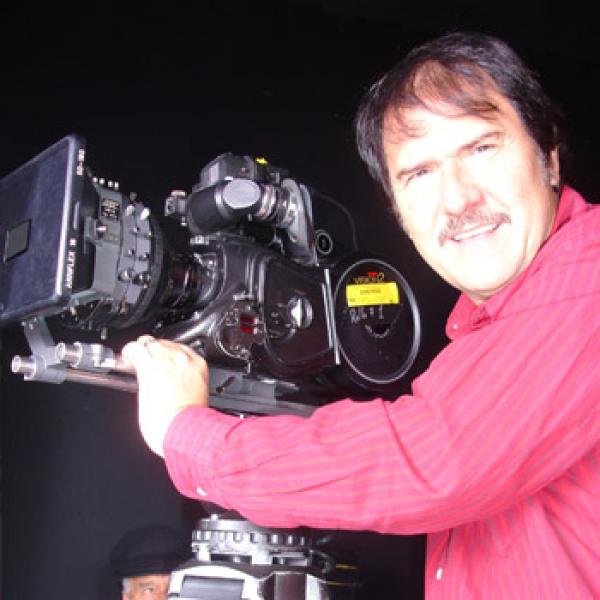
“The ability to derive a livelihood from the success of one’s work is usually the only way that creators from developing regions can finance their career. Without this, their contribution to the economies of their countries and the diversity of global culture is often lost.”

